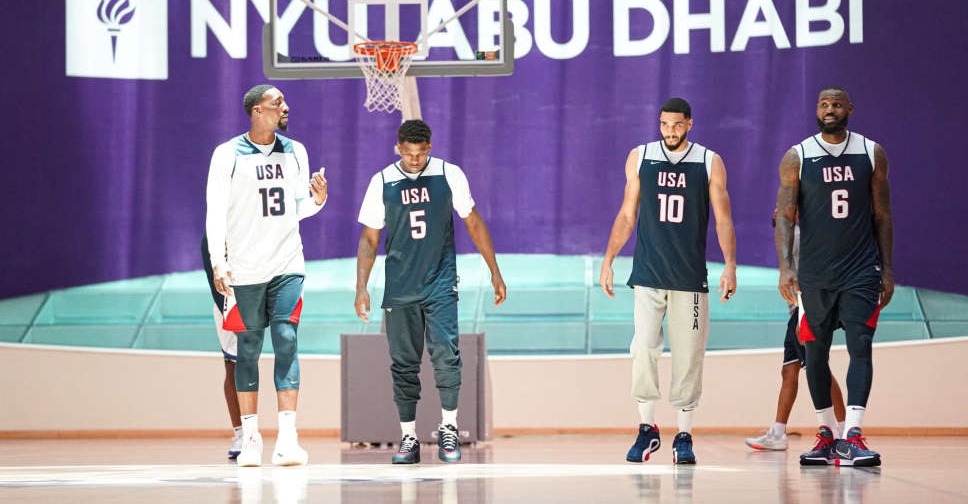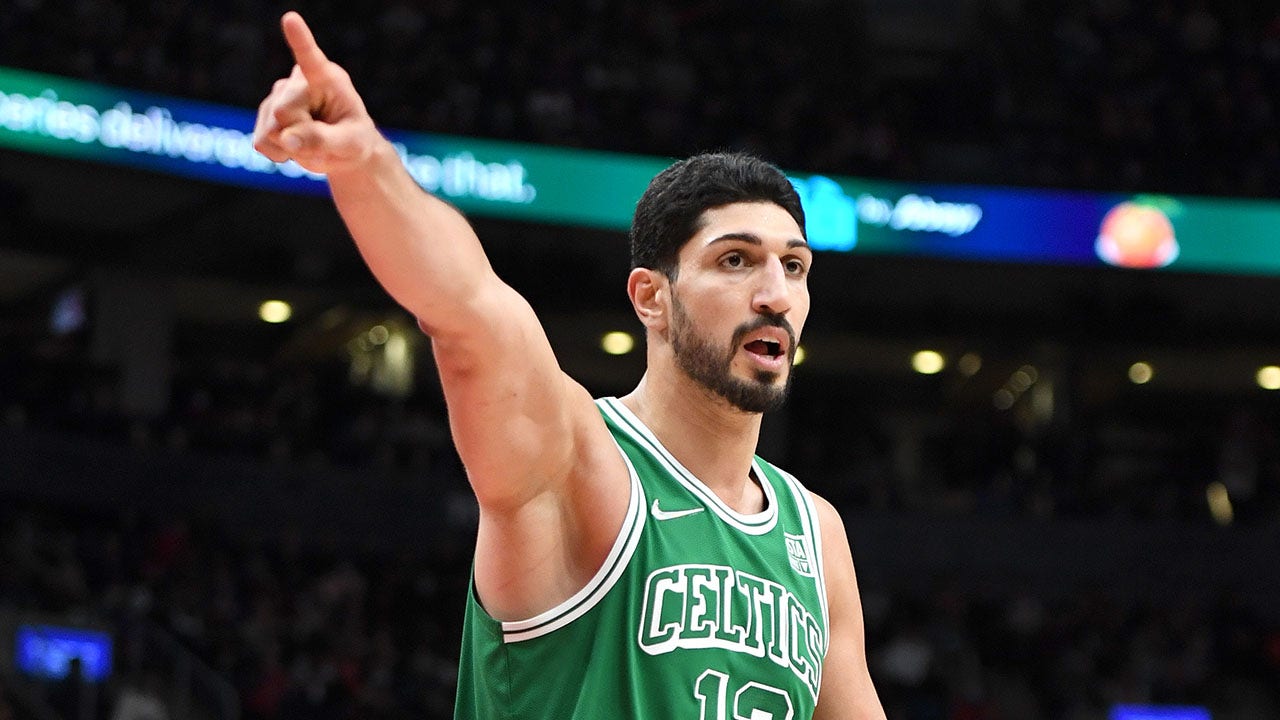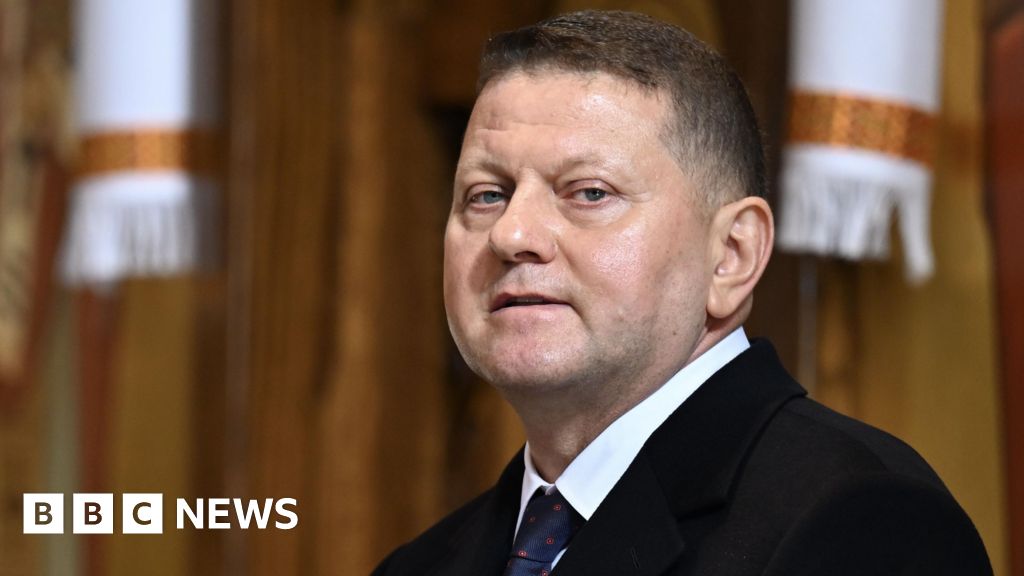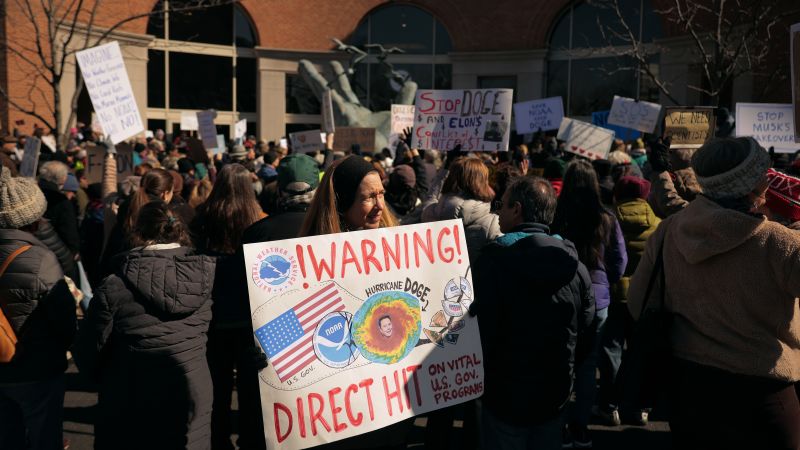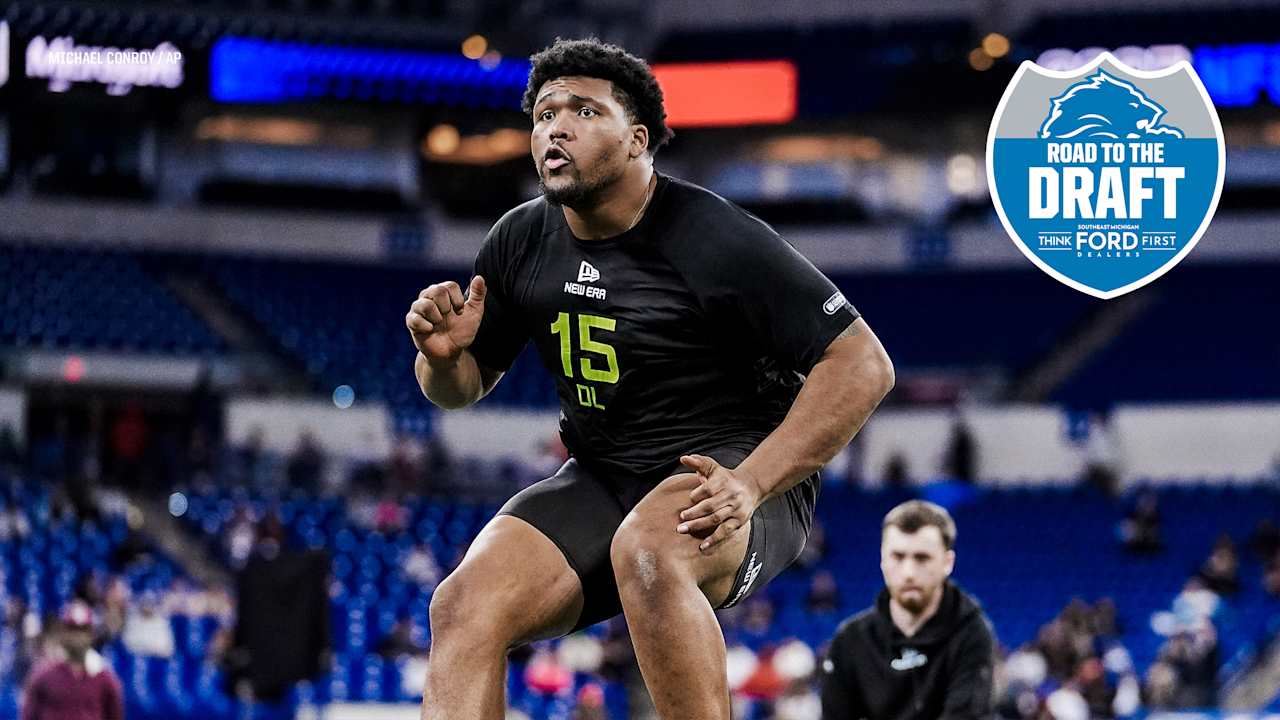Will Caitlin Clark make the U.S. Olympic team for the Paris Games?
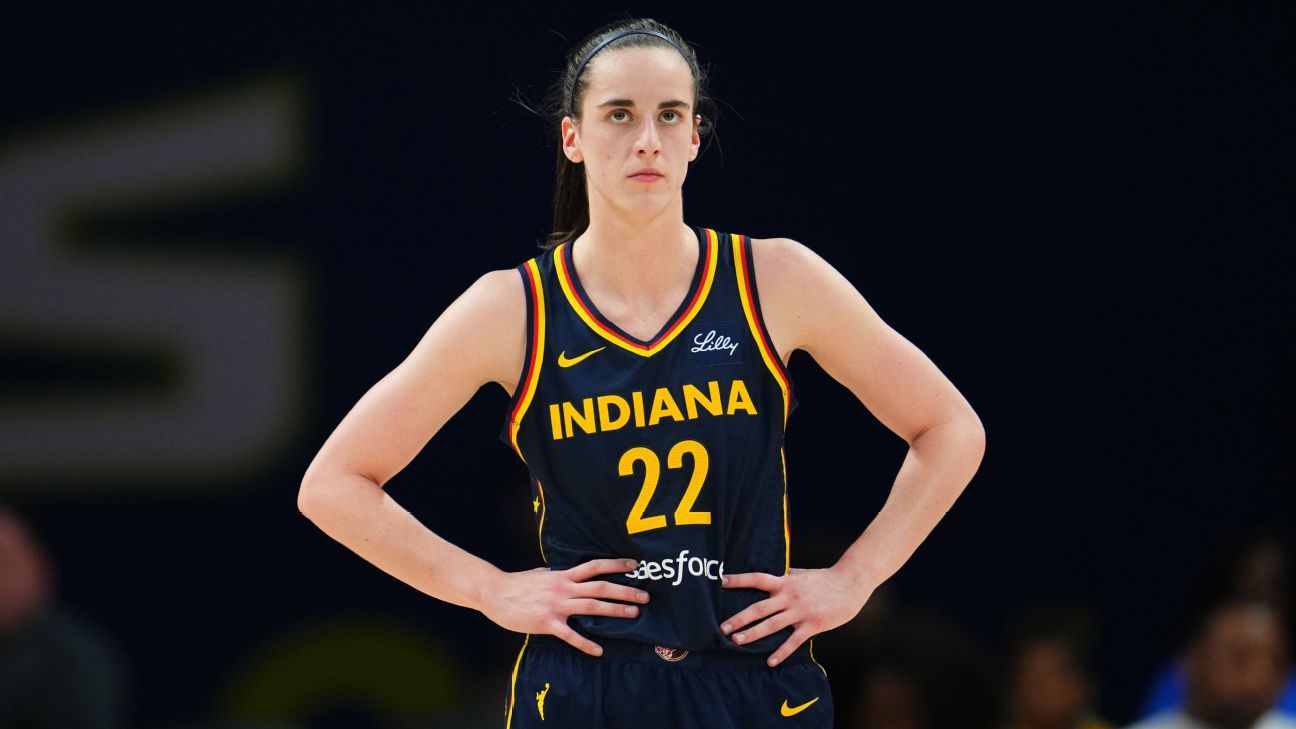
Would Caitlin Clark break the NCAA scoring record? Would she declare for the WNBA draft? Would she lead the Iowa Hawkeyes back to the Final Four?
Clark has faced a series of burning questions since last fall. And “yes” was the answer to all of them.
But another question lingers about the Indiana Fever guard who was picked No. 1 in the WNBA draft: Will she make the 2024 U.S. Olympic team?
As we get closer to the start of the WNBA season — the first few weeks of which will serve as Clark’s proving ground for the Paris Games — we look at the process and how USA Basketball history might give an indication of Clark’s odds of making the team.
What are the basics?
Twelve teams will compete in the Olympic 5-on-5 women’s tournament: the United States, Australia, Belgium, Canada, China, France, Germany, Japan, Nigeria, Puerto Rico, Serbia and Spain. The roster size for each is 12. The Americans are going for their eighth consecutive gold medal and 10th gold overall in the Olympics, which began women’s basketball competition in 1976.
Starting in 2021, 3×3 basketball also became an Olympic sport, but Clark isn’t in team pool. She is in the pool for 5-on-5. However, she couldn’t participate in the Americans’ last training camp, which was held at the same time as the Final Four in Cleveland, where Clark and Iowa were competing. There won’t be another camp before the U.S. team is chosen.
USA Basketball hasn’t set a specific date to announce the team members, other than to say it won’t be before June 1. The 2021 team was named on June 21, a little more than month before the United States’ first Olympic game in Japan on July 27.
Because Clark wasn’t at the April camp or any previous camp for the senior national team — she has played on USA Basketball junior teams — she has to make her case with her WNBA play. The Fever open the season Tuesday at Connecticut.
Who picks the U.S. team members?
Minnesota Lynx coach Cheryl Reeve, who has extensive USA Basketball experience, coaches the U.S. women’s national team. She will provide feedback on the team makeup but doesn’t select the players. That’s done by a committee chaired by Connecticut Sun team president Jennifer Rizzotti, a former UConn and WNBA player who also coached for many years.
Joining Rizzotti on the committee are: South Carolina coach Dawn Staley, the previous U.S. Olympic coach who also played in three Olympics; Dan Padover, Atlanta Dream general manager; Bethany Donaphin, WNBA head of league operations; Seimone Augustus and Delisha Milton-Jones, both retired WNBA champions and Olympians.
Have there been controversial roster decisions for the U.S. women?
In the women’s game, the Olympics are a huge deal, and virtually every top American player vies to be on the team. The selection committee’s size and makeup have varied over the years. But can the members fully divorce themselves from possible allegiances to any former or current players/teammates?
The hope is that they are as objective as possible, and that the group balances out favoritisms/grudges. But controversial omissions still happen. Just ask Nneka Ogwumike, who came up on the short end in three Olympic cycles.
The 2012 No. 1 draft pick, and 2016 MVP and league champion, Ogwumike played extensively for USA Basketball (including in the FIBA World Cup) but was left off the Olympic team in 2012, 2016 and 2021. Of the snubs in USA Basketball history on the women’s side — there have been some big ones — what happened to Ogwumike was the worst.
Will the selection be controversial this year? Clark’s overwhelming popularity also has made her unpopular with some fans, which usually happens in sports when a young athlete in particular receives a lot of attention. The committee can’t make everyone happy, and it has a lot to consider.
If Clark plays well to start her WNBA career, can USA Basketball really not include a player who has been one of the biggest headliners in all of sports in 2024 and could benefit from learning more about the international game at age 22? Or will the committee strongly favor previous Olympic experience?
How difficult will it be for Clark to make the U.S. team?
Really tough. Let’s look at the guards, the group Clark is trying to crack.
The Phoenix Mercury‘s Diana Taurasi, who is attempting to make her sixth Olympic team, is entering her 20th WNBA season and turns 42 in June. She has battled injuries in recent years, playing 26 of 40 Mercury games last season.
Taurasi’s two decades of national team experience can benefit a U.S. group that doesn’t have much preparation time. But the Americans won the 2022 FIBA World Cup without Taurasi or Sue Bird, a five-time Olympian who retired that year. Still, Taurasi seems a strong bet to make the Olympics again.
Other guards who already have won Olympic gold — either in 5-on-5 or 3×3 — are the Las Vegas Aces‘ Chelsea Gray, Jackie Young and Kelsey Plum; the Seattle Storm‘s Jewell Loyd, the Washington Mystics‘ Ariel Atkins and the Atlanta Dream’s Allisha Gray.
The New York Liberty‘s Sabrina Ionescu and Betnijah Laney-Hamilton, and Phoenix’s Kahleah Copper, were on the 2022 FIBA World Cup gold medal team. Laney-Hamilton and Copper are guard-forwards who can play the 3 position, as could Atlanta Dream guard Rhyne Howard and the Aces’ Young.
Clark spent most of her time at point guard at Iowa and also can play shooting guard. But to make this Olympics, she will have to be picked over players who have more time in the pro game than she does.
Does Team USA ever prioritize youth/the future in Olympic selection?
Yes, but consider this: For the past seven Olympics, from 1996 through 2021, the youngest player on the U.S. women’s hoops team was from either UConn or Tennessee. Clark, who turned 22 in January, would be the youngest player on this Olympic team if she makes it. It would buck that longtime trend, since she’s an Iowa graduate.
UConn and Tennessee have combined to win 19 national championships, so it’s understandable why they have had so many Olympians of all ages. But with the talent spreading out around the country — UConn’s last NCAA title was in 2016 and Tennessee’s was in 2008 — more future “youngest Olympians” also can come from other schools.
In fact, that seems likely this year, even if Clark doesn’t make it. Fever teammate Aliyah Boston is 22 and in her second WNBA season after being the No. 1 pick and WNBA Rookie of the Year in 2023. The South Carolina graduate — just 42 days older than Clark — is considered a strong bet to make the Olympic team.
Who is the youngest to play for the U.S. Olympic women’s team?
Old Dominion guard Nancy Lieberman, who turned 18 about two weeks before the 1976 Montreal Games. Fellow ODU player Anne Donovan (1980) also was 18 but didn’t get to play in the Moscow Games because of the U.S. boycott.
Until the 1992 Barcelona Games, when the International Olympic Committee finally moved away from requiring amateur status for competitors, the U.S. men’s and women’s basketball teams were made up mostly of collegians or players not long out of college. The NBA’s Dream Team changed everything in 1992. The U.S. women also sent a much older team that year — all the players were out of college and competed professionally overseas — but that was the last U.S. squad to not win the Olympics. They took the bronze.
Staley, just out of Virginia in 1992 as a two-time national player of the year, didn’t make the 1992 Olympic team at 22. Her first Olympic team was in 1996. And the WNBA launched in 1997.
Since then, three players taken No. 1 in the WNBA draft in an Olympic year were named to the U.S. team: UConn’s Diana Taurasi (2004), Tennessee’s Candace Parker (2008) and UConn’s Breanna Stewart (2016). But Stanford’s Ogwumike (2012) wasn’t. All four won WNBA rookie of the year. (LSU‘s Sylvia Fowles also made the 2008 Olympic team as a WNBA rookie, but she is six months older than Parker.)
The other youngest players on the Olympic team since 1996: UConn’s Rebecca Lobo (1996), Tennessee’s Chamique Holdsclaw (2000), UConn’s Maya Moore (2012), and UConn’s Napheesa Collier (2021). The WNBA hadn’t launched yet when Lobo finished at UConn in 1995; Holdsclaw and Moore both were in their second WNBA seasons and Collier in her third.
Now, we wait to see if Clark will be the fourth WNBA No. 1 pick in an Olympic year to make the U.S. team.
Related
Kevin Durant misses another Team USA practice but Steve Kerr…
The USA men’s Olympic basketball team took to the practice court Saturday without Phoenix Suns star Kevin Durant, who continues to nurse a calf injury.Now tra
US basketball team arrives in Abu Dhabi
SOTOGRANDE: Real Club Valderrama bared its teeth in Friday’s first round of LIV Golf Andalucia, making it the toughest scoring day in the league’s young h
Basketball 101: What’s happened since the Tokyo Olympics?
U.S. men ready to move past World Cup disappointment

